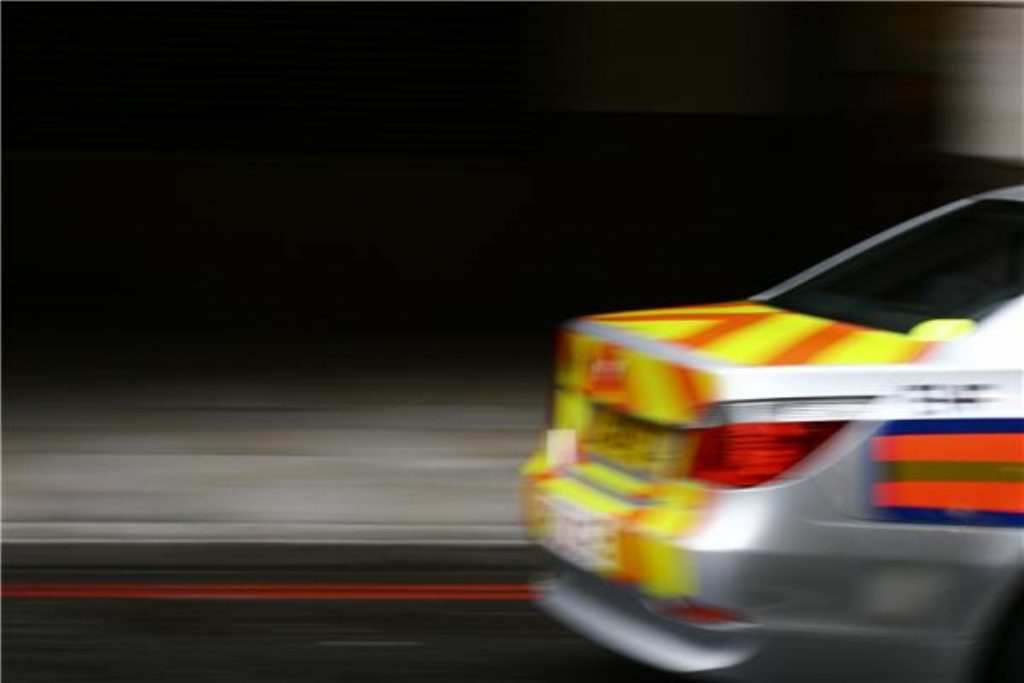Speeding drivers could be asked for DNA
The police have requested more powers to take DNA samples from people on the street.
The Home Office maintains the police argued for more powers to take samples from suspects for minor crimes such as littering or speeding during a consultation on police powers and the DNA database.
However, the Association of Chief Police Officers (ACPO) today said it had “real concerns” over extending police powers, especially in regards to minor crimes.
Tony Lake, ACPO chair of the National DNA Database and chief constable of Lincolnshire Police, said: “ACPO has real concerns about the proposals to extend the taking of DNA and fingerprints for non-recordable offences such as speeding or dropping litter.


“ACPO maintains the position that any proposal to take DNA or fingerprints has to be reasonable and proportionate to the crime.”
A Home Office summary of the consultation said respondents “welcomed the ability to reduce the threshold, including to the extent of allowing for the taking of fingerprints, DNA and footwear impressions for non-recordable offences for the purpose of offender identification and searching databases.”
It continues: “The second issue relates to the taking of fingerprints, photographs and samples on the street. This was welcomed at an operational level as a means of increasing officer confidence in knowing who they are dealing with and enabling them to deal more effectively with the incident at the scene.”
The UK DNA database holds 3.4 million profiles, covering more than five per cent of the population. Already the largest in the world, the database is set to rapidly expand if further police powers are granted.
MPs and civil liberties groups have raised concerns over the number of children listed on the database and the overrepresentation of black British men.
A Home Office spokesman said: “The DNA database has revolutionised the way the police can protect the public through identifying offenders and securing more convictions.
“The consultation is about maximising police efficiency and ensuring that appropriate and effective safeguards are in place. No decisions have yet been made and any detailed proposals will be subject to a further public consultation next year.”
The Liberal Democrats highlighted that under current powers one person is added to the DNA database every minute.
Government figures show 722,464 profiles were added to the DNA database in 2006-07.
Home affairs spokesman Nick Clegg said this represented a “headlong rush” towards a surveillance state.
Mr Clegg said: “The government seem determined to hoover up the DNA details of as many people as they can, regardless of guilt or innocence.
“We already have by far the largest DNA database in the world, and these figures make it clear just how fast it’s growing.
“DNA is a vital tool in the fight against crime, but such a massive database must be subjected to proper scrutiny – especially when it contains details of nearly 150,000 people who were never charged, let alone convicted of an offence.”
Baroness Kennedy, chair of the Human Genetics Commission, has called for more public debate over the use of the DNA database.
She said police already have an unrivalled right to DNA from suspects and it is then difficult or impossible for people to have these removed from the database.
Baroness Kennedy added: “On the other hand a steadily increasing number of serious crimes, including murder and rapes, are being solved and criminals brought to justice with its help.
“It is likely that the use of DNA information by police authorities for criminal intelligence purposes will grow. It is therefore vital that the public are able to voice their views.”









